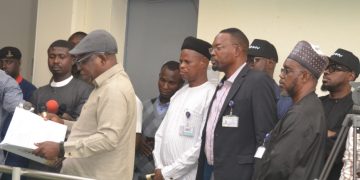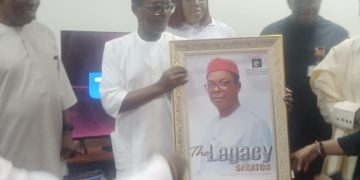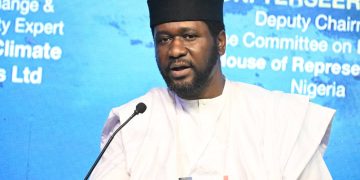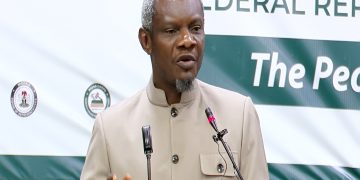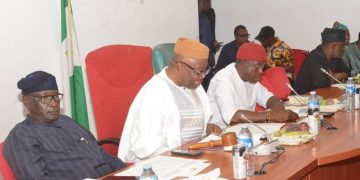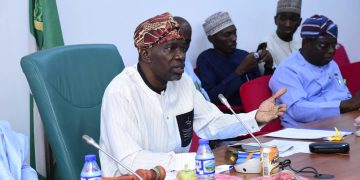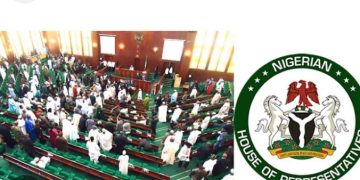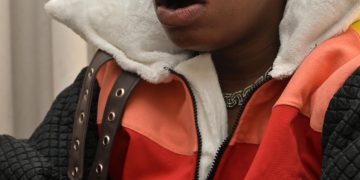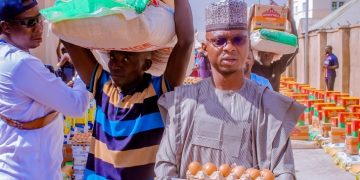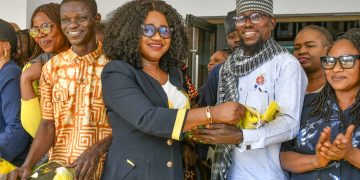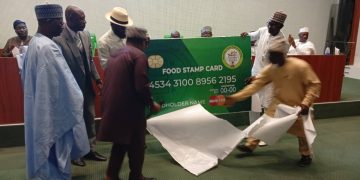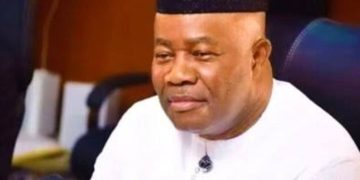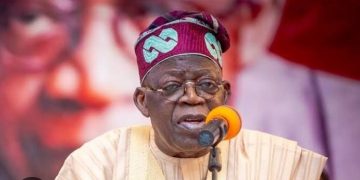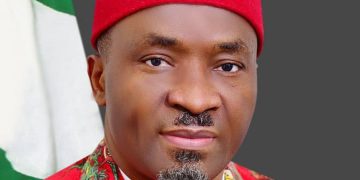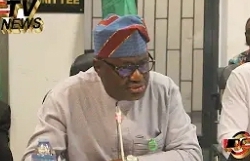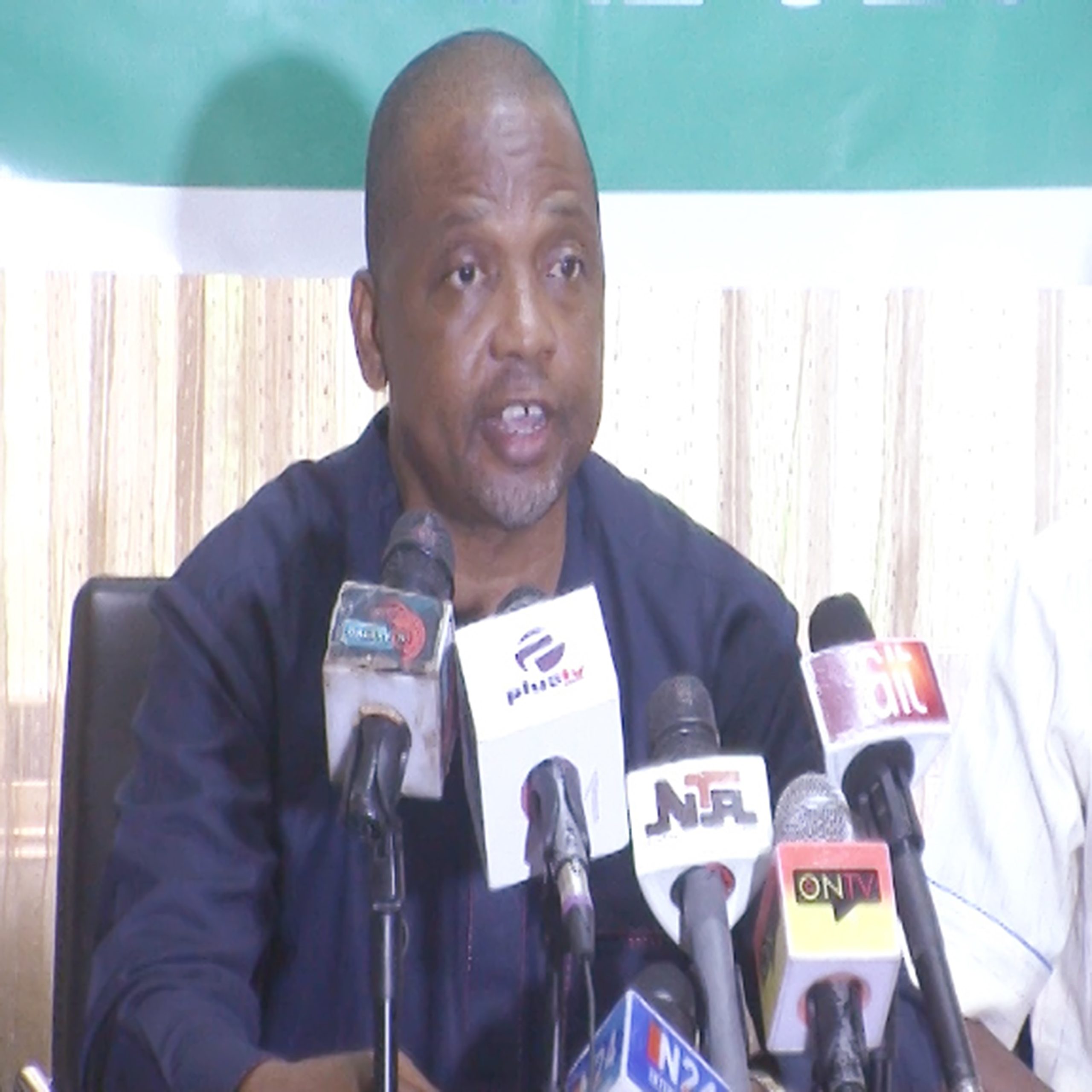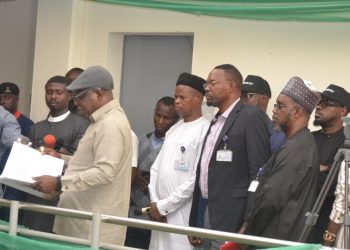By Comfort Olayinka
The House of Representatives has expressed its commitment to fast-track the passage of a bill seeking to grant financial autonomy to the National Bureau of Statistics (NBS).
Chairman of the House Committee on National Planning and Economic Development, Hon. Gboyega Isiaka, made this known in Abuja while receiving a delegation from the Liberian House of Representatives, alongside Nigeria’s Statistician-General, Mr. Semiu Adeyemi Adeniran.
Isiaka explained that the Bureau currently operates under a 2007 Act, enacted nearly 50 years after the first statute in 1957, stressing that reforms are long overdue to meet modern realities. According to him, the new legislation—which has already scaled First Reading—aims to strengthen the independence of the Bureau, especially in terms of funding.
He revealed that the bill proposes the establishment of a National Tax Trust Fund, which would allow agencies such as the Central Bank of Nigeria (CBN) and the Nigerian Capital Market regulator—both direct beneficiaries of NBS data—to contribute directly to the agency.
“The normal budgetary allocation may not be enough, given the wide responsibilities assigned to the Bureau under the National Strategy for Developmental Statistics 2024–2028. We are trying to see how we can strengthen the NBS to serve as the official custodian of Nigeria’s statistics,” Isiaka said.
The lawmaker further stated that the bill would empower the Bureau to source reliable data from both the public and private sectors, while assuring that the House would provide effective oversight to ensure accountability.
On the visit of the Liberian delegation, Isiaka noted that the session afforded both parliaments and their statistical agencies an opportunity to share experiences and deepen cooperation on statistical development and legislation.
Leader of the Liberian delegation and Chairman of the Ways, Means and Finance Committee, Hon. Mike Jurry, commended Nigeria’s progress in statistical reforms and innovations. He said Liberia would adopt lessons learnt from Nigeria, particularly regarding legal frameworks and boundary delineation challenges.
“There are great lessons learnt, and we are taking them back home. We hope this will not be the end of the study tour, but the beginning of committee-to-committee collaboration,” Jurry stated.
Statistician-General Adeniran, in his remarks, stressed that the proposed reforms would not only secure more sustainable funding for the Bureau but also expand its access to emerging data sources, including big data from private organisations.
“We are working to ensure that the data produced is credible, insightful and impactful, serving government, private organisations, investors, and the entire economy,” Adeniran said.
Both Nigerian and Liberian lawmakers pledged to sustain engagements at committee level, with the aim of strengthening legislation and collaboration in the field of statistics.


